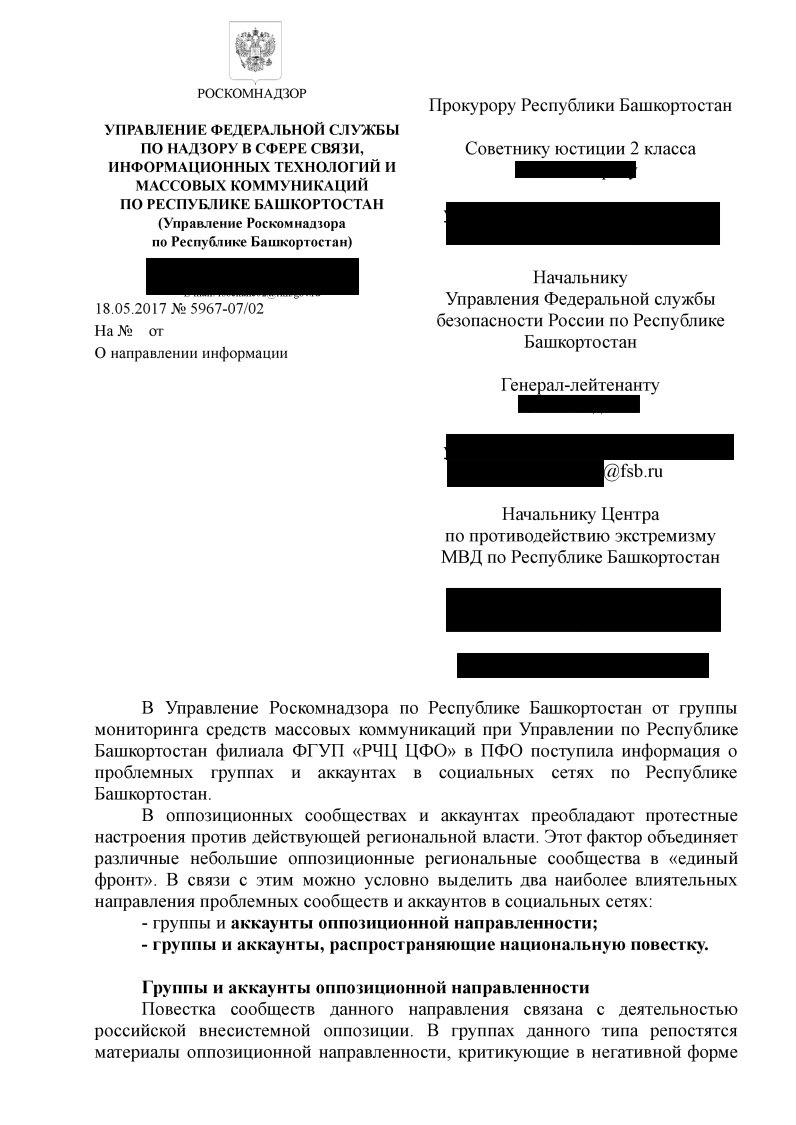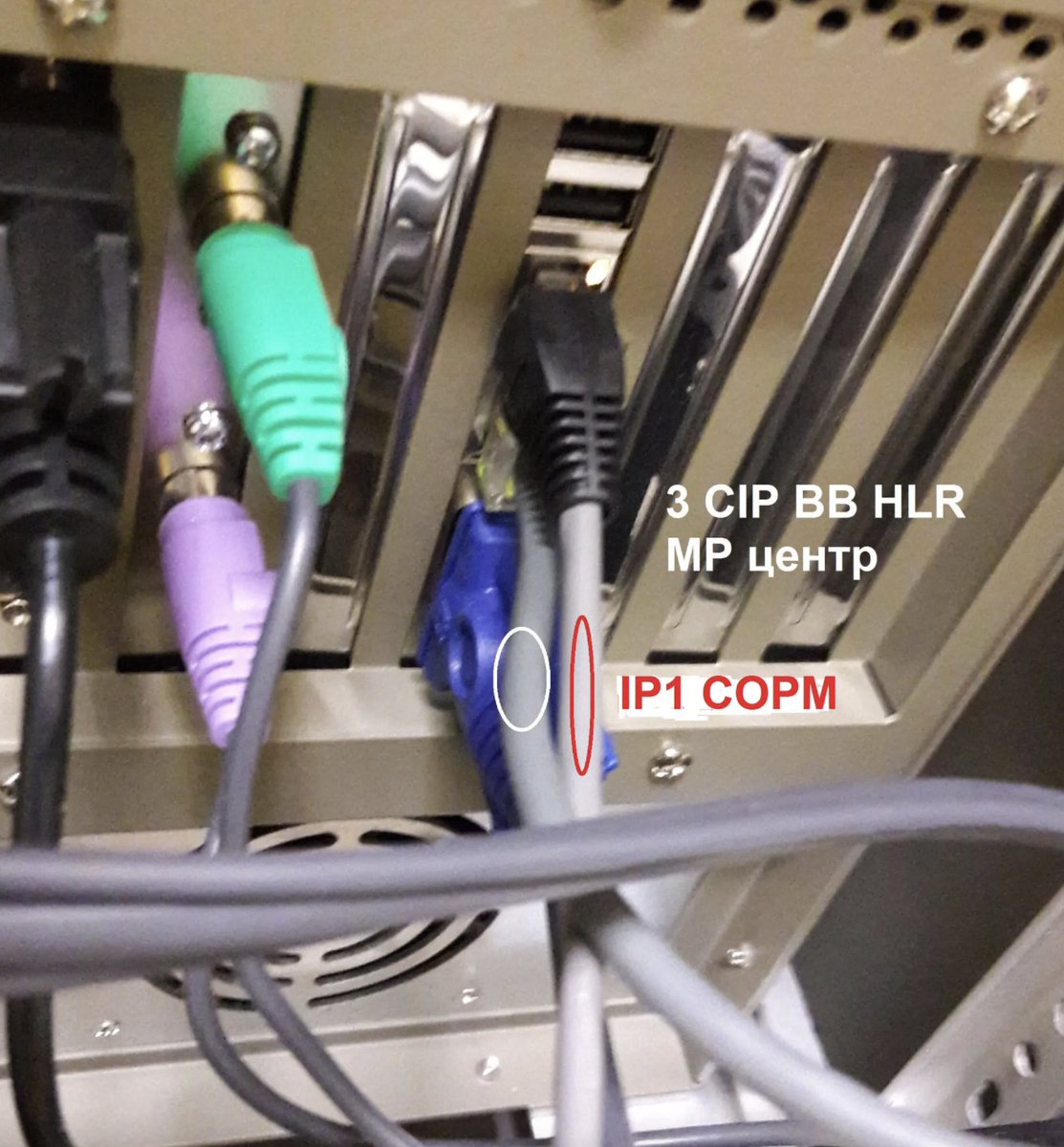
We spent months digging through a 700 gigabyte cache from within Russia's de facto internet intel agency Roskomnadzor.
It gave us one of the most complete pictures yet of Putin's efforts to control the internet. It is at turns farcical and terrifying.
nytimes.com/interactive/20…
It gave us one of the most complete pictures yet of Putin's efforts to control the internet. It is at turns farcical and terrifying.
nytimes.com/interactive/20…
As Russia's invasion of Ukraine proceeded, local officials in Bashkortostan, a republic east of Moscow where the files are from, noted down in detail online discontent and protests. They tallied views, likes, specific criticism of Putin, and updated dossiers of worst offenders. 

The attention to detail from one small team in one tiny part of Russia is startling. They chronicle anti-war walks and complaints about inflation. At times the reports sound like weather forecasts. “Calm with separate minor pockets of tension,” one said after a dissident arrest. 



They worked closely w/ security forces. Charts mapped how often they should report back to KGB successor, the FSB. In an older letter to FSB they worried Navalny's supporters were uniting "various small oppositional regional communities into a ‘united front.’” Part of the letter: 



Yet there was also a doofus element to their work. In China much of this is part automated. In Russia, much was done by hand. Elaborate flow charts mapped the social media accounts of key figures and media sites, describing them as oppositional, neutral or pro government. 

The censors emerge as bureaucrats dutifully doing a grinding job. Often they took screen caps of their own screens with the clock open on the bottom left to show when they had identified a particular criticism or curse word. 

Other times they recorded their screen to report back videos. Some were clips of gangs or police bribery. Others were more mundane. This is of a young rapper who went viral. Bashkortostan is a center for Russian rap. Watch the censor's mouse below, sound on for a ripping rap.
The censors are the security state middle class of Russia. As they monitored dissidents and helped with arrests they also joked around. Here's a goofy video they filmed, where they joke about accidentally blocking the Kremlin website.
The video, made for women's day, is special. At one point the lawyers get too drunk to work and ask a judge to win the case for them, offering a bribe of alcohol and chocolate. In another they send porn off to hq accidentally. One source we showed it to joked some had "FSB faces" 



Yet even as they recorded these, they were the tip of the online spear for a security state busy crushing any resistance to Russia's invasion of Ukraine. When a one-woman anti-war protest appeared, they collected records. The woman was arrested, given a drug test, and fined. 

The system is sweeping into action now to crush opposition to Russia's mobilization. Powered as much by determination as sophistication, it shows old-fashioned bureaucracy, mixed with brutality, can be a powerful autocratic weapon, even in the digital age. nytimes.com/interactive/20…
• • •
Missing some Tweet in this thread? You can try to
force a refresh










